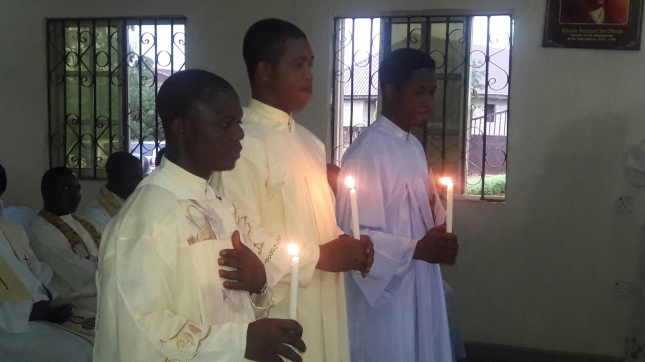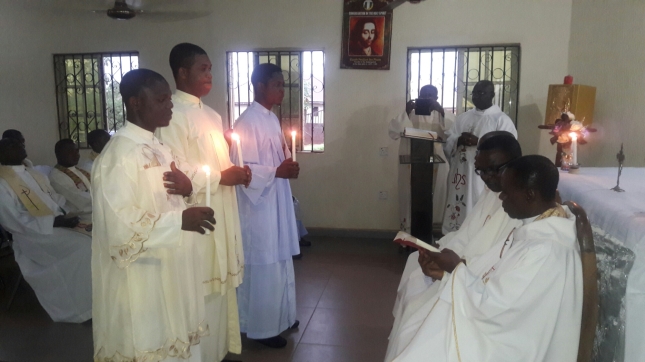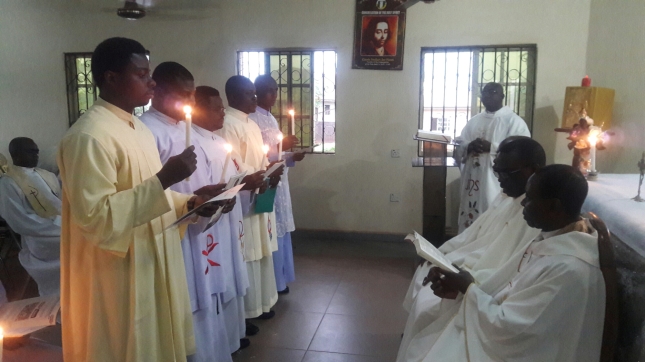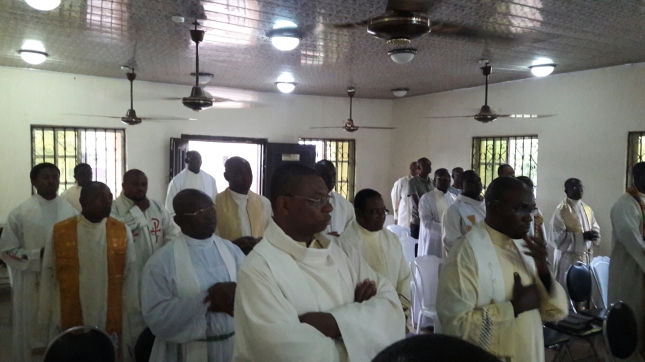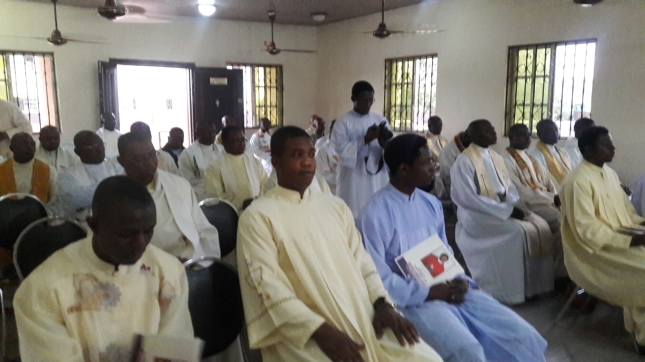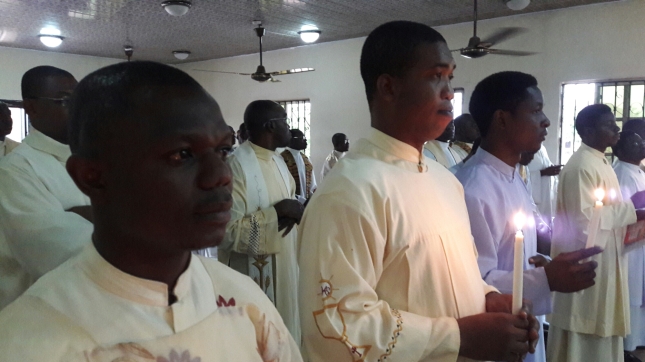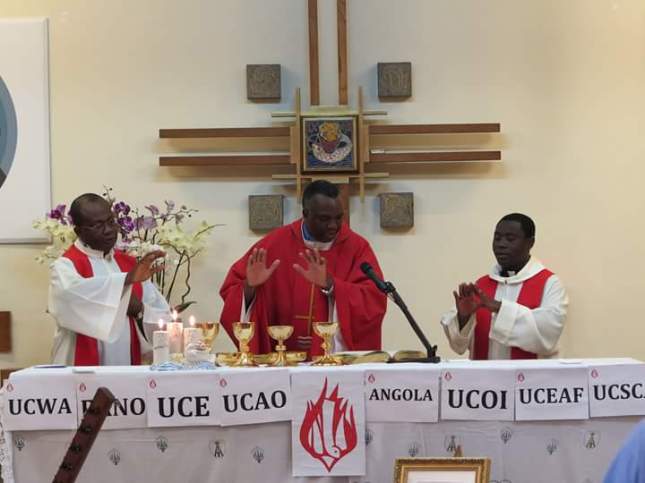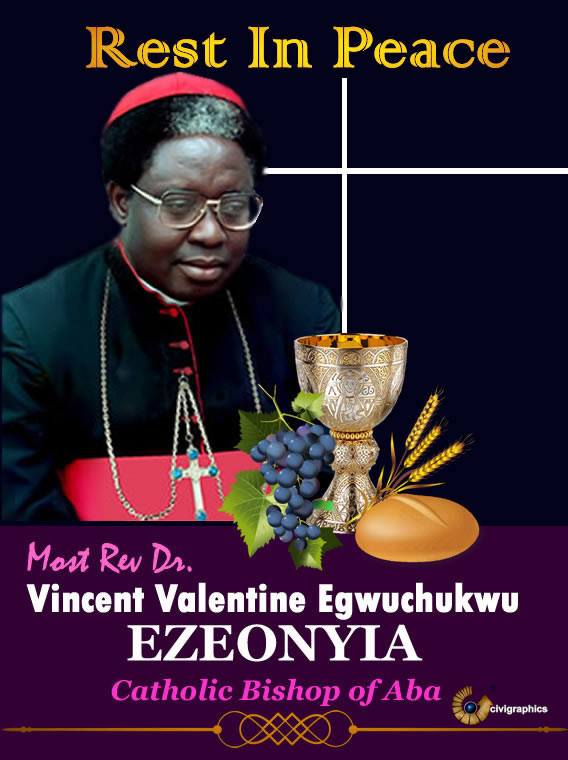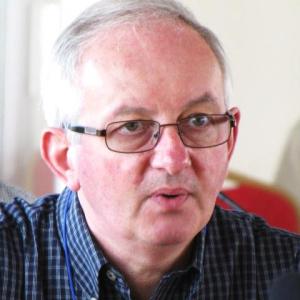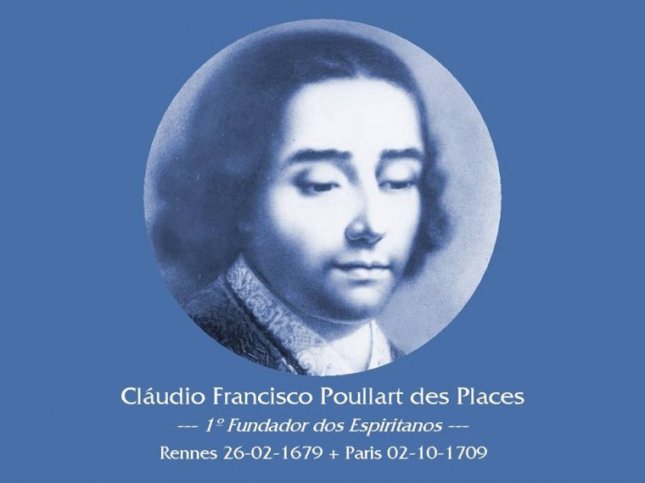Spiritan Community Life
As you are aware, we have now reached the mid-point in our Congregation-wide programme of animation requested by the Bagamoyo General Chapter. Over the past three years or so, we have reflected, shared and prayed together on our Spiritan vocation and identity, and the role of the Holy Spirit in our life and ministry. The recent Enlarged General Council, which took place here in Rome, reviewed the implementation of the animation plan to date and re-emphasised its vital importance for the renewal of the Congregation. It also suggested practical ways in which its effectiveness can be improved as we go forward.
From the experiences shared, it is clear that some circumscriptions and communities have entered enthusiastically into the process, availing of the various videos and documents circulated by the General Council and developing their own methods of animation; for others regrettably it has been a marginal exercise, often lost in the myriad of other activities that shape their busy lifestyle.
As we in the General Council explore more creative ways to implement the plan, let us all recommit ourselves to entering as fully as possible into the process in the knowledge that, in a very real sense, the future of our Spiritan life and mission depends on the extent to which we do so.
Over the next sixteen months, beginning October 2nd, our focus will be on our Spiritan community life. Community life is an essential element of the Spiritan way of life, states the Spiritan Rule of Life [SRL 28]. For Francis Libermann, community living was central to his vision for the missionary Society he founded; he would insist on community life as an essential condition for the fusion of his Society with the Congregation of the Holy Spirit. The Congregation has adopted life in community as its founding principle, states the revised Rule of 1849, Its members shall all live in community at all times (ND X, 454). Those who were unable or unwilling to live the common life were not to be accepted in the Congregation: Those who have not the necessary dispositions to practice faithfully the rule to live amongst their confreres with the piety and charity that community life demands…are to be sent away [ND X, 457]. He adds that a Spiritan does not make his commitment with a bishop but with the Congregation …and so the superior cannot give subjects to a bishop except on that condition (community life) [ND IX, 99, 188]. Although he acknowledged that for pastoral reasons confreres could be called upon to exercise their ministry alone, he insisted that this should only be for a short time and that only exceptionally and for very grave reasons will the communities accept parishes, and always on condition that the members who are in charge will live in community and observe their rule [ND X, 455, 469].
Libermann explains himself why he considered community life so important: When one lives in community and is directed in everything by the same superior, the good that is done is incomparably greater than if each worked in isolation from the other…Things are done with greater energy…everything is thought out better and properly put into effect…Since everyone is employed in the work for which he has the most aptitude, everything is carried out in a better way [ND II, 71]. More fundamentally he saw community life as essential for the stability and the extension of the works of the Congregation and for the personal holiness of each of its members upon which the effectiveness of the missionary task of the Congregation depends [ND X, 454]. However, he insisted that community life was not simply a physical coming together of people for greater effectiveness but a ‘union of minds and hearts for a common purpose’[E.S. 141] and, towards the end of his life, he decried the tendency of some of the members of the Congregation to abandon community life for the sake of the apostolate, seeing it as an obstacle to mission, a practice which he considered to be a false missionary zeal ultimately undermining the unified missionary vision of the Congregation [ND XIII, 293-294].
Among the most inspiring texts produced by recent General Chapters are certainly the pages relating to Spiritan community life. Community building can never be the responsibility of just one person, stated the Maynooth Chapter. Confreres should frequently remind themselves that, far from being a simple arrangement of convenience, community life is an essential source of inspiration for the fulfilment of their mission. We strengthen ourselves and each other through personal and communal prayer, faith sharing, friendship and support (3.8). Confreres will take a genuine interest in each other’s work and those working together will do so as a team and not as individual. The community is where we reflect and discern together on our mission…Above all it is a place for mutual encouragement, especially for those confreres who are going through a difficult period (3.9). Any structures will remain empty and lifeless if each member of the community is not prepared to give himself fully to the spirit and ideal that lie behind such structures. It demands no less than a daily conversion (Introduction 4.9).
Perhaps most importantly there has been a growing realization in our Congregation of recent years that the increasingly international and intercultural character of our worldwide community is integral to our mission as Spiritans in the contemporary world and not simply an inevitable consequence of the geographical spread of our commitments. In a world where conflict, racialism and the cult of the individual are all too prevalent “by coming together from so many different places and cultures, we are saying to our brothers and sisters that the unity of the human race is not just an impossible dream. In this way, our community life is an integral part of our mission and a powerful witness of the Gospel” [Maynooth, p.117]. International community living is a “response to the call of the Holy Spirit to all of us, to witness to a new quality of human solidarity, surpassing individualism, ethnocentrism and nationalism” [Torre d’Aguilha 2.1].
In a similar way, the witness of our retired and ill confreres living in community is integral to their mission in the twilight of their lives; it is simply a continuation of their missionary life in a new and perhaps more profound way [Maynooth, Introduction 4.16; Torre d’Aguilha 5.4.4]. In the contemporary world, where human beings tend to be measured and valued by their ability to produce and consume and where the elderly are often isolated and forgotten, the importance of the witness of our elderly and sick confreres living in community and accepting their limitations and sufferings with joy, dignity and grace cannot be overstated.
As we re-read these texts we realize that our lived reality often falls short of the vision we profess in our documents. Many of us live alone with minimal links to the Congregation, not very different to our diocesan counterparts. We give priority to diocesan meetings and events over those of the Congregation. Where we reside under the same roof, we sometimes live parallel lives with little interest in the work or struggles of the confreres with whom we share a home. Community meetings, where they exist, are sometimes simply moments to share information rather than occasions for profound reflection on our life as Spiritans and for discernment in regard to our missionary commitments. Community prayer is sometimes merely a formality rather than a source of inspiration for our life and ministry.
As we enter into the third phase of our plan of animation let us simply ask ourselves what we can do to bridge the gap between the reality that we live and the vision we present to others in our Spiritan Rule of Life and our Chapter documents. In doing so, let us recall the challenge addressed to us by the Congregation for Religious during the year of Consecrated Life: Community is the first and most believable gospel that we can preach [Rejoice, no. 9].
John Fogarty, C.S.Sp (Superior General)





